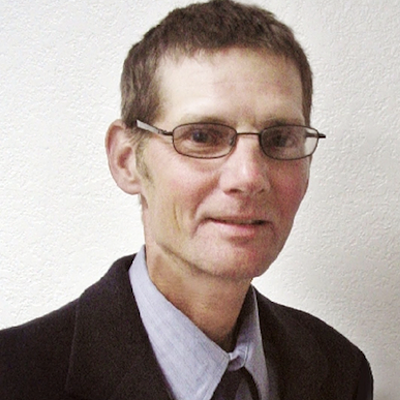"It's no surprise people did not apply," says Uhlich, calling the current process burdensome. "Promises were made (by the city) that need to be kept."
When it adopted the controversial garbage fee 18 months ago, the council directed a total waiver be offered to households earning less than 150 percent of the federal poverty level, about $2,400 a month for a family of four. While applications and recertification through Pima County's Community Action Agency had to be done initially on a monthly basis in person, the goal was to readily go to a six-month or one-year period.
Due in part to technical difficulties in changing the Tucson Water bills on which the fee appears (See "Promises Broken," June 23), that goal hasn't been accomplished. Another reason for missing the mark may have been former City Manager James Keene's support for a $4 a month "lifeline" program, not the higher adopted fee waiver, which also includes applicants' water and sewer bills.
Despite that, at least one improvement has been made to the program since its inception. Beginning in July, waiver recipients on fixed incomes were able to be recertified by mailing in information monthly. Thus, for the 75 percent of the current program's participants who are in this category, they no longer have to make regular visits to the PCCAA office.
Trasoff calls that a step in the right direction, but she and Uhlich both believe a lot more needs to be done to increase participation. Usage of the program remains abysmally low, with only 900 of the estimated 42,000 eligible households taking advantage of the fee waiver last month.
"We need to develop an (application) system that facilitates instead of gets in the way," says midtown Ward 6 representative Trasoff. Favoring a process that doesn't rely on the mail, she adds: "I'm concerned a lot of people got turned off by the existing program and now are not even trying. We also need to make people more aware of the (fee waiver)."
Northside Ward 3 Councilmember Uhlich favors an annual certification process for everyone. "That saves the city money," she says, "and is simpler than the current system, especially for those on fixed incomes. If they forget to send in their monthly information now, it can create real problems."
Tucson Water Director David Modeer has predicted usage of the fee waiver could explode if the process is simplified. "It would generate much more participation with the program," he said when interviewed about the issue several months ago, "which could overwhelm the PCCAA staff." For that reason, Modeer suggested at that time that Tucson Water might have to eventually administer the application process itself.
But Modeer also pointed out technical problems with long-term removal of the garbage fee from the water bill. It is now done manually each month, and when interviewed in May, Modeer said it would first require a "fairly expensive" reprogramming process to facilitate an automated extended waiver.
Assuming that is achieved, and the application and recertification process is simplified, many more people will probably take advantage of the program. If that happens, how would the two new councilwomen pay for the increased expense?
Presently, the program costs taxpayers less than $13,000 a month, but based on the results of other utility-company-subsidy programs, that number may skyrocket seven-fold, to more than $1 million annually.
While Trasoff admits she doesn't know how to cover this larger bill, Uhlich proposes a solution. Indicating that original projections for receipts from the garbage fee were $20 million a year, but are now projected to be $24 million, Uhlich would like part of the difference to be set aside for the fee-waiver program.
Before getting to that point, solutions to the process must be found. Prior to Uhlich and Trasoff taking office earlier this month, Assistant City Manager Karen Masbruch was assigned to look into the issue. "We're all interested in streamlining," she says of the program.
City Manager Mike Hein expressed reservations about reviewing just this one subsidy program. "I favor the council not just looking at the administration of the garbage fee, but (fee waiver programs) across the board," he says.
Uhlich disagrees. "My fear is one or two years will pass, and we'll become addicted to the (extra) $4 million (in garbage fees)." To prevent that from happening, Uhlich says of the fee waiver program: "We need to attend to it by January."
Expressing confidence in the staff, Trasoff isn't certain exactly how to proceed. She asked for the item to be discussed by the City Council earlier this week, and before the meeting suggested that while all the city's fee-waiver programs need to be reviewed and revised by July 1, the garbage fee program should come first.
But that alone won't satisfy Uhlich. She also wants the council to re-examine the unusual arrangement which administratively combined Tucson Water and refuse collection into a related agency.
"The council should review how they were integrated," Uhlich says. "It's not fair to (threaten) to shut off someone's water if they don't pay their garbage fee."











